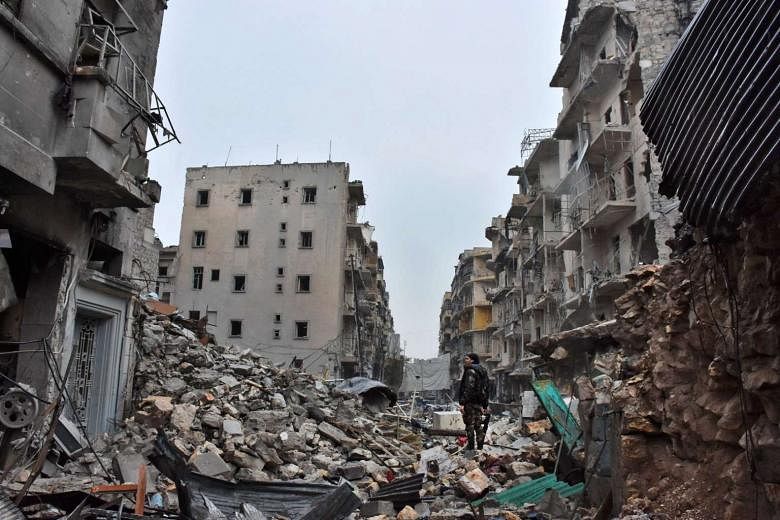The four-year long battle for the Syrian city of Aleppo - the scene of one of the worst battles in the country's civil war - has ended with a victory for Syrian President Bashar al-Assad and his military coalition of Russia, Iran and regional Shi'ite militias.
After weeks of heavy fighting, forces loyal to Assad were on the verge of taking all of the city, dealing the biggest blow to the rebels, since they took parts of the city in 2012.
The victory marks a major turning point in Syria's nearly six-year war and deals a crushing blow to the rebels' hopes of ousting Assad after revolting against him during the 2011 Arab uprisings.
The rebels are now expected to leave Aleppo under a ceasefire deal brokered by Russia, Assad's most powerful ally, and Turkey, a move which would see them withdrawing from their last major urban stronghold.
Here are some things to know about Aleppo, Syria's once-flourishing economic centre with its renowned ancient sites that has since been pulverised by the war.
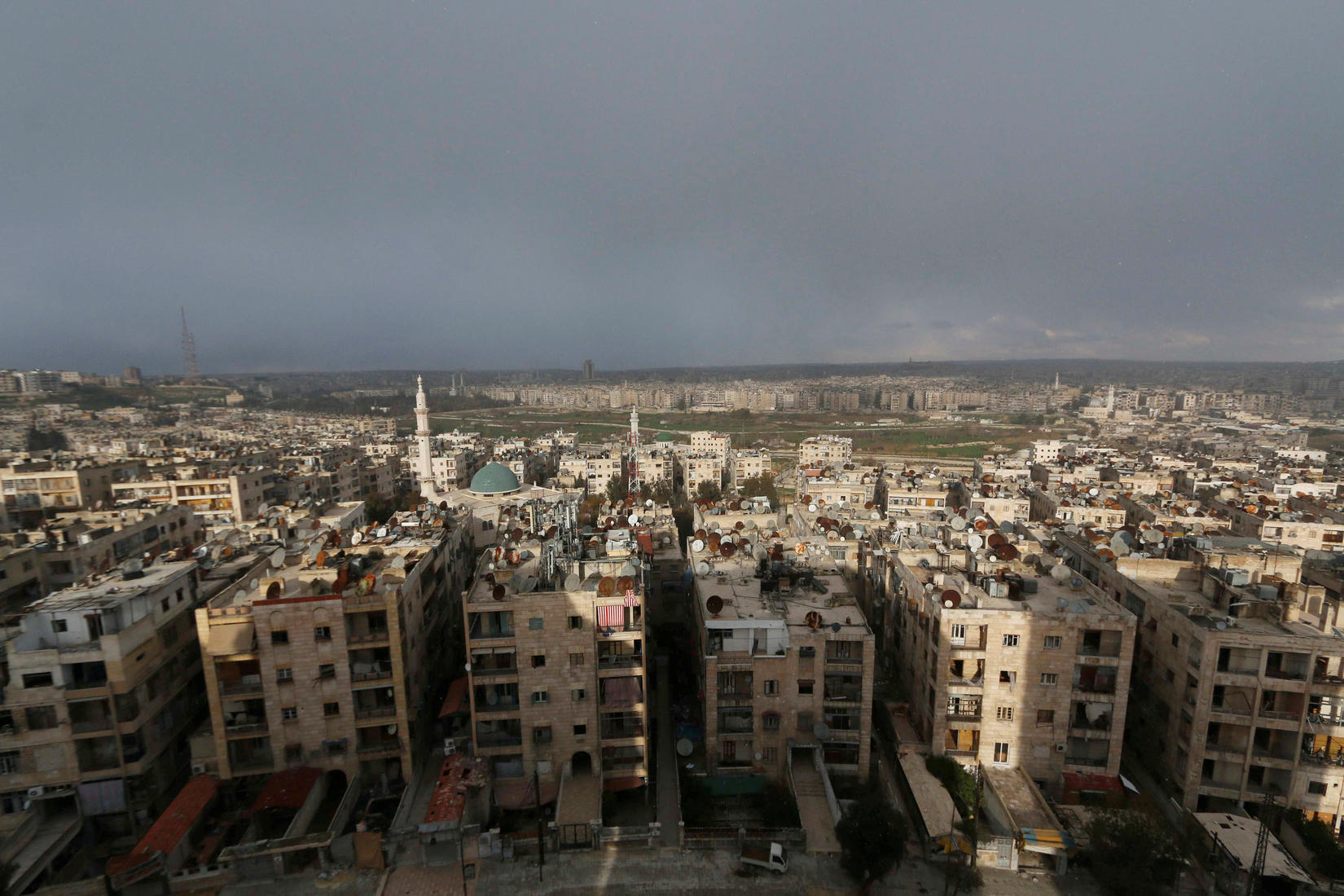
1. The city is a key strategic and psychological prize for the Syrian regime.
Located in the north of Syria, Aleppo was second only to Damascus in importance. An economic hub for the Damascus government, it was also the most populous city before the war.
The rebels seized control of east Aleppo in 2012, a year into the uprising that began with anti-government protests but spiralled into a civil war after a regime crackdown.
Since then, the city has been split, with the rebels controlling the east and the government the west.
While the rebels groups were backed by the United States, Turkey and Gulf monarchies, the support they had enjoyed had fallen far short of the direct military backing given to Assad by Russia and Iran.
The city's recapture is seen as vital to President Assad's aim of re-establishing full control over the country.
With this victory, Assad is now in control of in control of all five of Syria's main cities, proving the power of his military coalition, aided by Russia's air force and the Shi'ite militias.
2. The city is also a cultural and historical powerhouse.

For centuries, the city was a cultural powerhouse, attracting tourists from around the world to its celebrated heritage sites.
The winding streets of Aleppo's Old City is a Unesco World Heritage Site famed for its medieval buildings and covered souq, or market.
But it became one of Aleppo's bloodiest front lines after rebel groups overran the eastern half of the city in mid-2012. Since November, the rebels have faced a blistering offensive by forces loyal to Assad, resulting in the opposition factions withdrawal from the Old City on Dec 7 in a highly symbolic retreat.
But after years of savage conflict, the Old City's alleyways are now rubble-strewn.
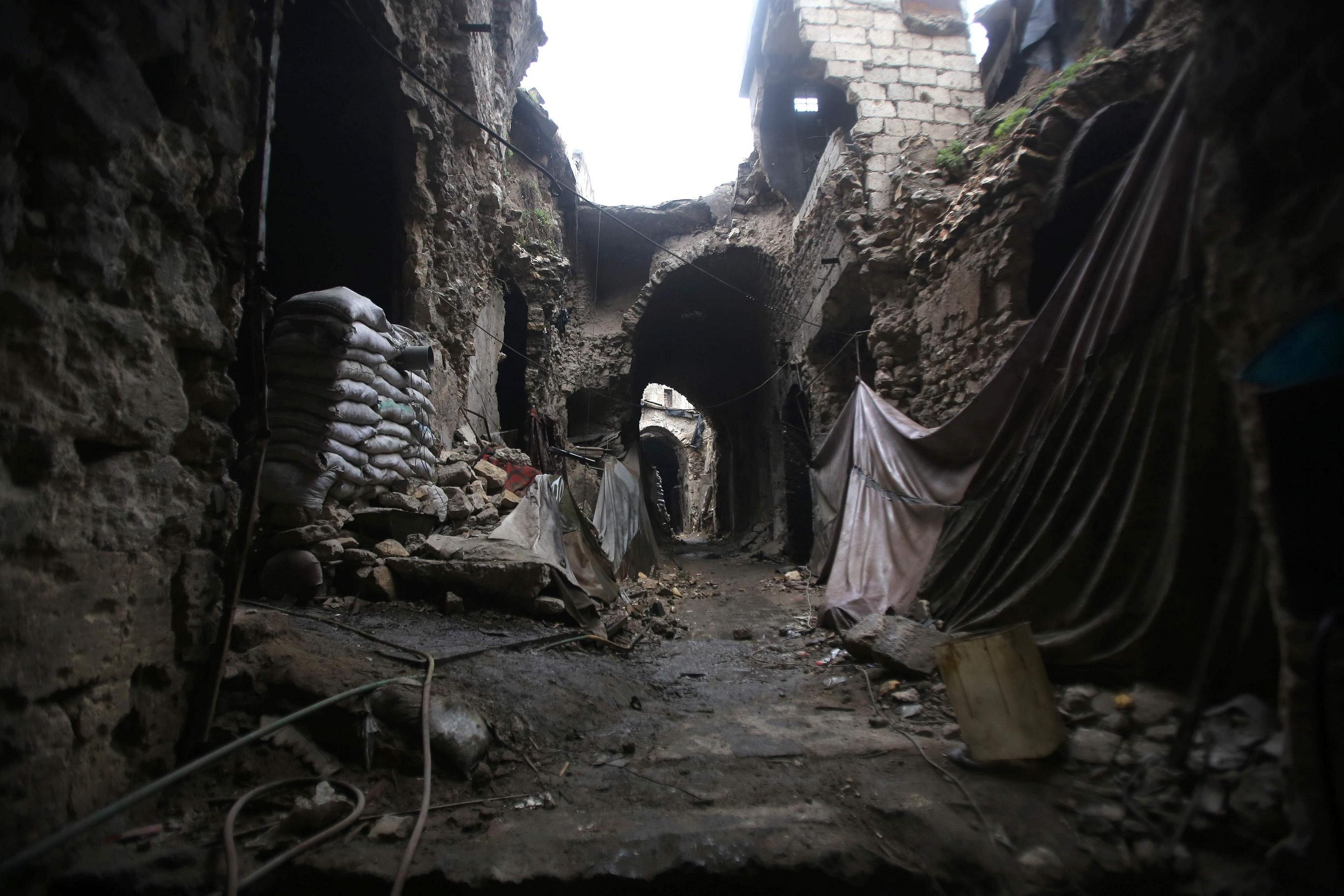
The fighting there has also destroyed the 11th century minaret of the famed Ummayad mosque and heavily damaged its citadel.
The covered market, the largest in the world, had served for centuries as a gathering place for artisans and traders who come from across the globe to its 4,000 shops and 40 caravanserais, or roadside inns for travellers.
But now the market's walls have been scarred by years of gunfire, rockets and mortar rounds.
The war has also ravaged the tourist area around Aleppo's famed citadel, including the Al-Sultaniyah mosque and the imposing white-stoned Grand Serail.
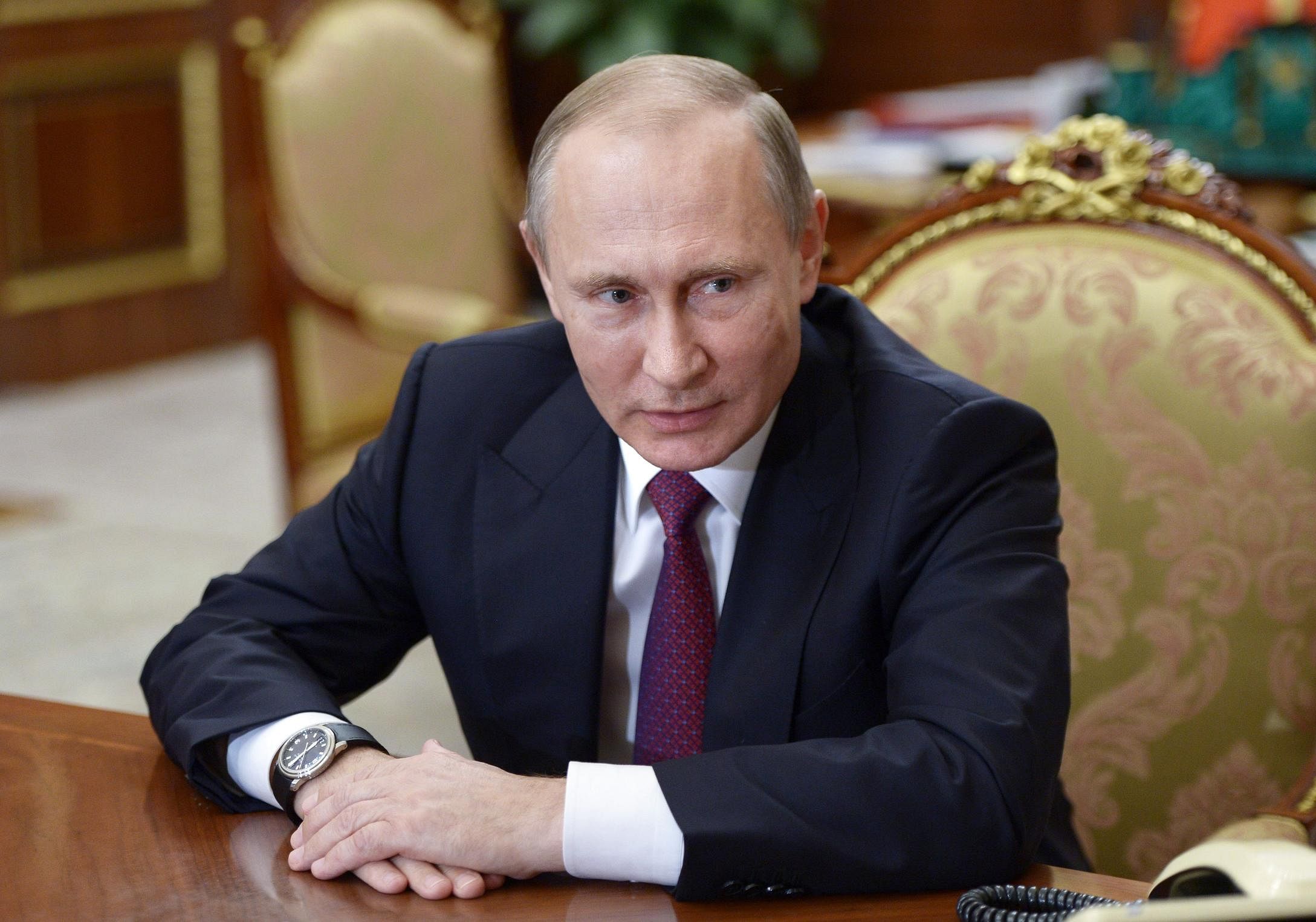
3. Government forces made headway in the war after support from Russia
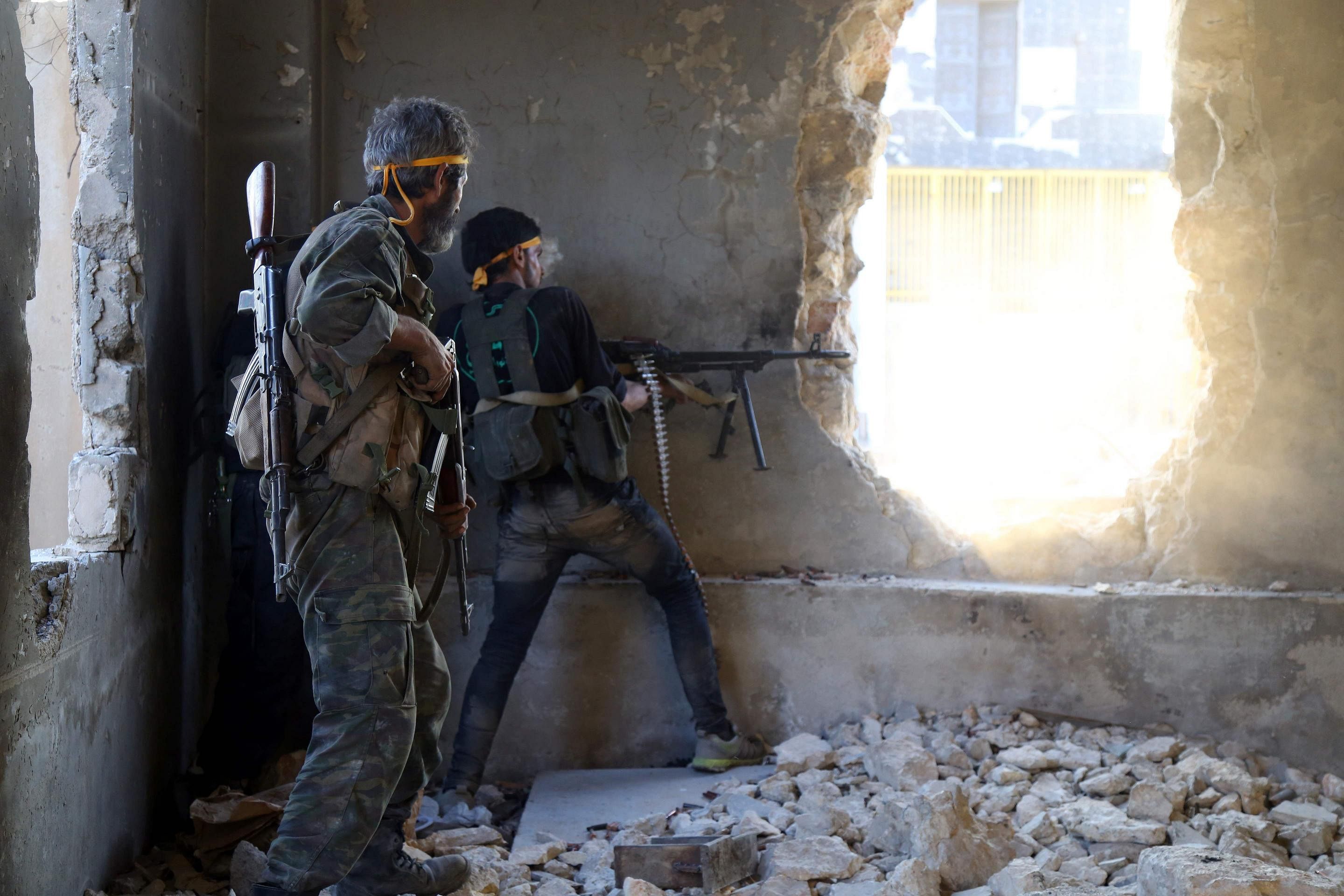
Russia's decision to deploy its air force to Syria 18 months ago appears to have decisively turned the war in Assad's favour.The government was facing a collapse till President Bashar al-Assad sought help last year from Russia, which deployed its powerful air force.
There are several reasons why Russia backs the Syrian president. It has significant economic and military interests in Syria, such as a Mediterranean naval base at Tartus, and it is in Russia's interest that the Assad regime does not collapse.
Secondly, President Vladimir Putin wants to send a message to the world that Russia is still a force to be reckoned with. The US-led invasion of Iraq and the 2011 toppling of Muammar Gadhafi's Libyan regime - helped by an international coalition bombing campaign - left Moscow deprived of key allies. Syria under Mr Assad is seen by the Kremlin as a key pillar of its strategic influence in the Middle East and Moscow is reluctant to let it go.
Moscow is also concerned with rising Islamic violence. It fears an ISIS victory in Syria would have reverberations at home, as some of the top military commanders of the militant group are Russian speakers of Chechen origin.
4. The battle in Aleppo has created the world's worst refugee crisis

The government's campaign in the final days of the crucial battle against the rebels has sparked a mass flight of terrified civilians trapped in the pockets of rebel-held areas, a crisis that the United Nations has called a "complete meltdown of humanity".
Food and water shortages in rebel areas have been reported and hospitals are said to have closed.
The UN on Tuesday voiced deep concern about reports it had received of Syrian soldiers and allied Iraqi fighters summarily shooting dead 82 people in recaptured east Aleppo districts. It accused them of "slaughter". It has called for international oversight for civilians and rebel fighters as the government takes over.
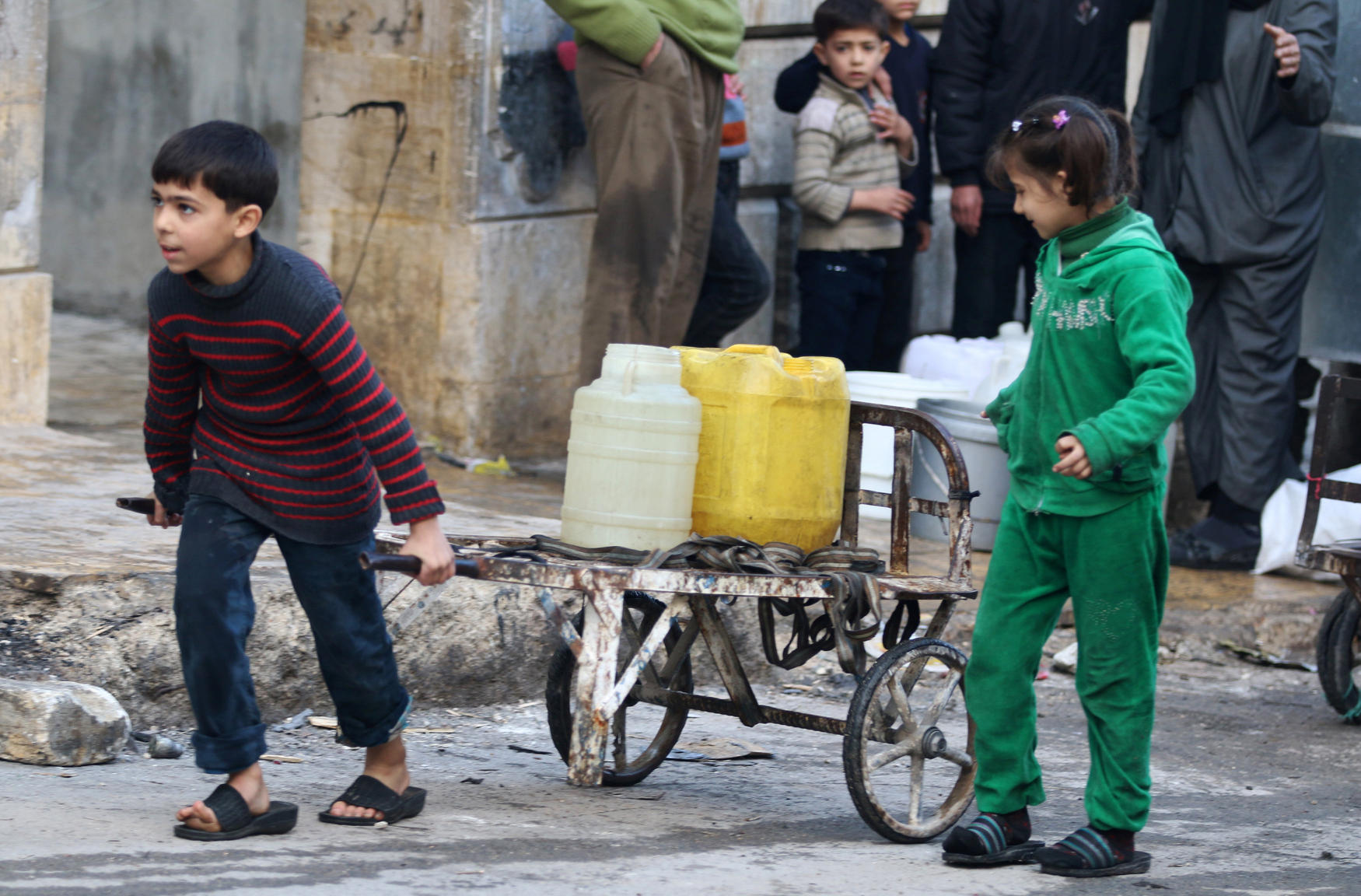
The Syrian army, however, has denied carrying out killings or torture among those captured while Russia said the rebels had "kept over 100,000 people in east Aleppo as human shields".
More broadly, the war in Syria has killed more than 310,000 people, created the world's worst refugee crisis and allowed for the rise of Islamic State in Iraq and Syria (ISIS). Over half the population have been displaced and millions of its citizens have become refugees.
SOURCE: AFP, REUTERS, CNN, BBC, WASHINGTON POST
